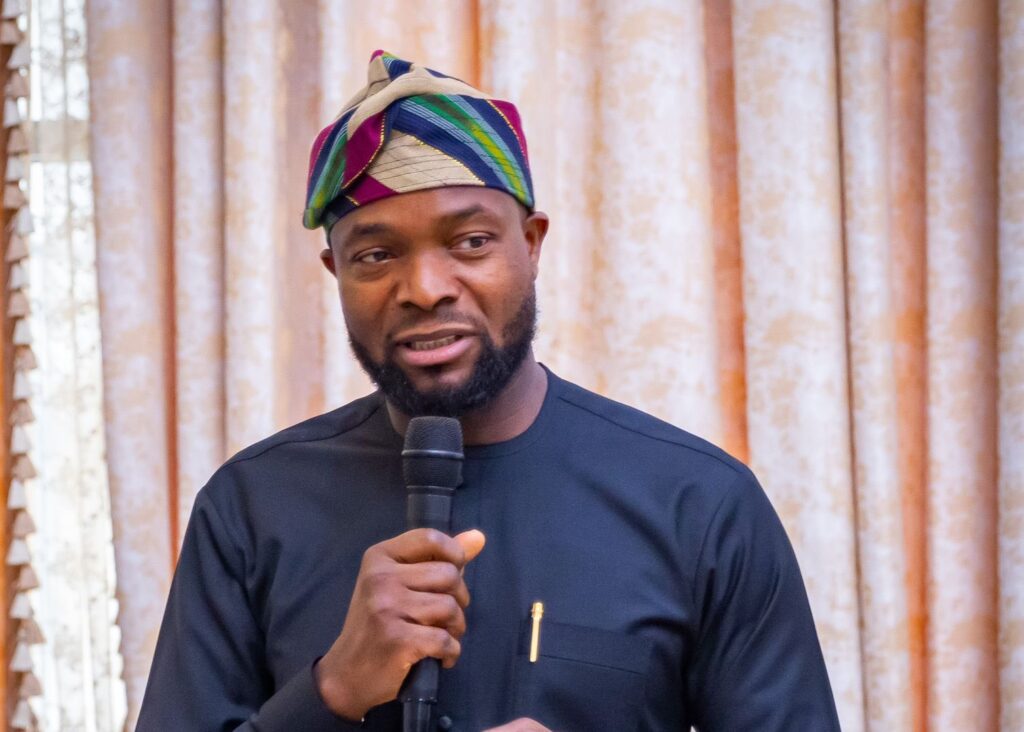SpaceX’s satellite internet service, Starlink has classified South Africa as a low-priority area for a potential launch.
This classification became necessary for Starlink as regulatory rift continue between the Elon Musk-led company and the South African government.
SpaceX clarified the situation by claiming that it had a method for prioritising nations before a Starlink rollout.
High-priority markets are those without any registration or licencing requirements.
Countries are categorised as medium-priority if they have licencing criteria with minimal potential obstacles.
Low-priority nations are those that SpaceX feels will be difficult to obtain licences from.
South Africa falls within group four according to the framework above. The main issue SpaceX has in South Africa, according to the company, is a specific Electronic Communications Act requirement. The act states that marginalised groups like women and people of colour must own at least 30% of any telco applying for a business licence.
For now, obtaining a licence is currently out of the question for Starlink as the company for now doesn’t plan to agree to the act.
Several African countries, including Nigeria, Mozambique, Mauritius, Rwanda, and Kenya, offer Starlink service, and the company plans end of 2024, to deploy to other countries.









